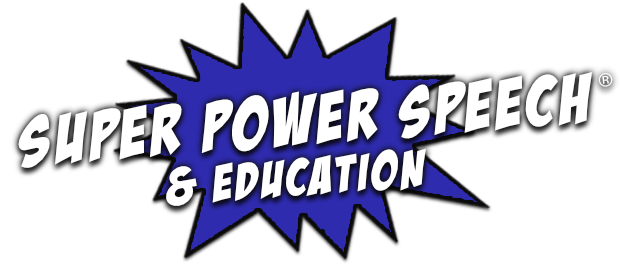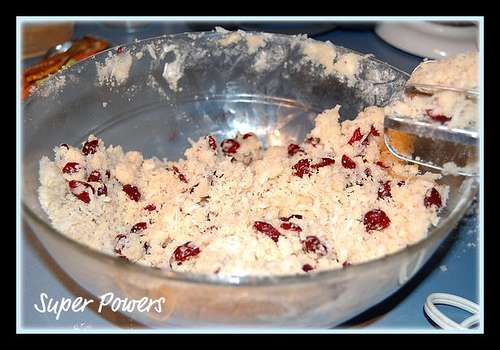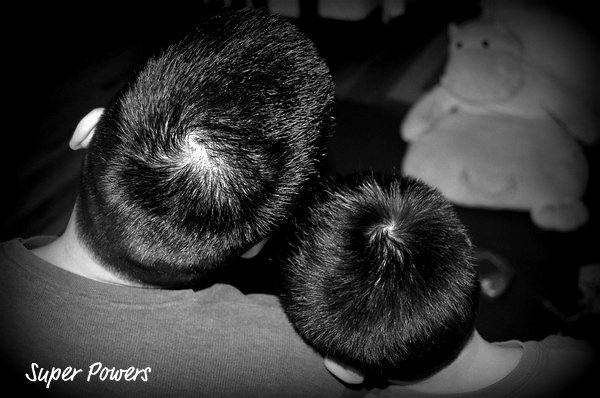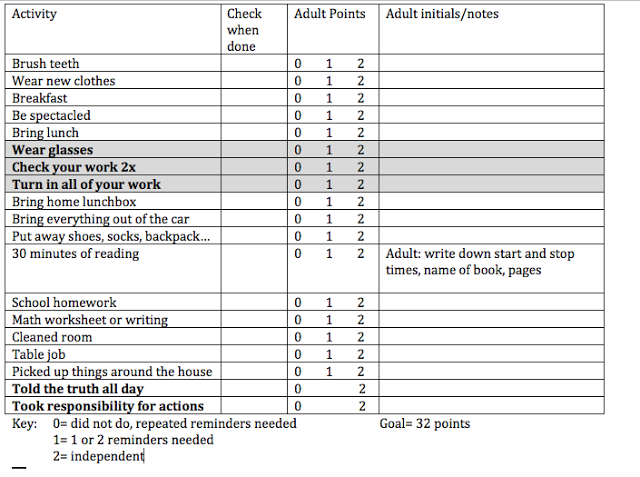SLPD – Is it worth it?

After what was both an extremely short and extensively long two and a half years, I have completed my clinical doctorate in speech-language pathology from Rocky Mountain University of Health Professions (RMU). When I began this journey, my goals were to learn more about evidence-based practice, research, and the ever-changing field of speech pathology. You can read more about my initial thoughts here. I am pleased to say that I met those goals.
Evidence-based practice
I finished my master’s degree a looooooong time ago. I had no cell phone, we met in person for group projects and looking up a research article meant physically going to the library and looking through a card catalog to locate the journal. If the term “evidence-based practice” (EBP) was ever mentioned in my coursework, I definitely didn’t remember it. When social media posts crowded the Facebook threads about EBP, I got scared that I was missing out. I figured there was a magical “best way” to do articulation or other therapy types and I hadn’t been told the spell. I really wanted to know what I was missing!
In my first doctorate semester, we had an entire course titled “Evidence-Based Practice.” I learned that it is a three-part system of blending available research, client/family values, and professional experience. It was not magic. I have always valued my clinical experience and have tried to take into account the values of the clients and family. What I was actually missing was my second goal, knowledge about research.
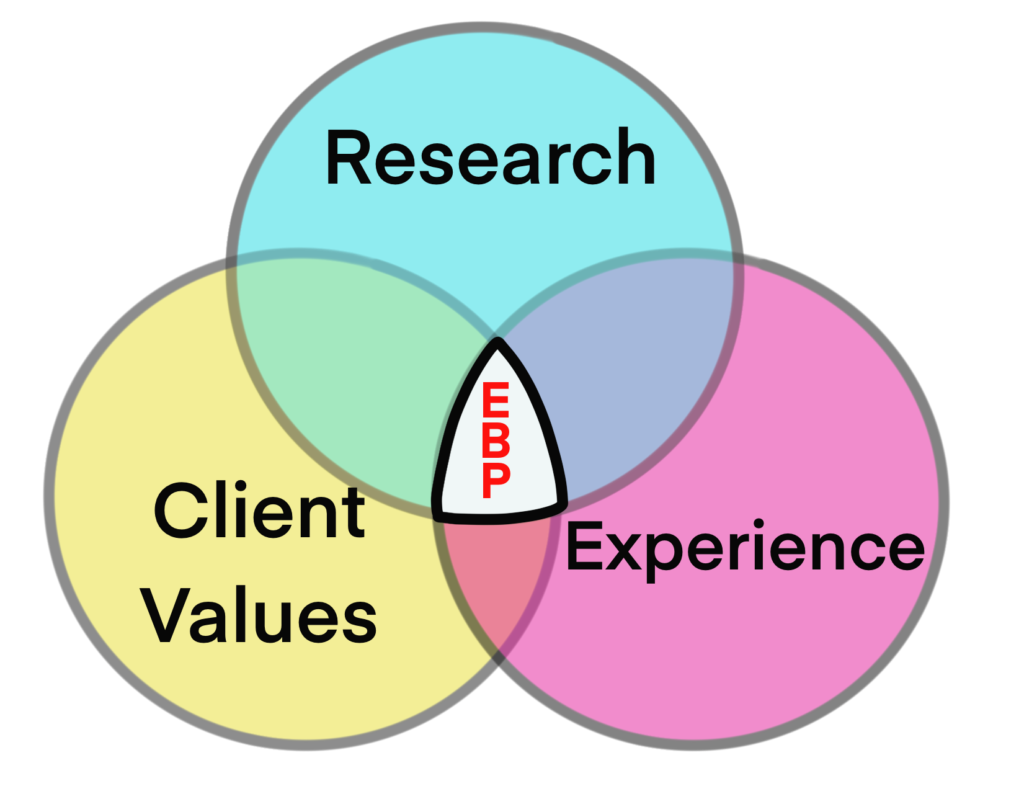
Research
Another first-semester course was all about clinical research. This course was arguably the most important one in the program. We learned about the concepts of research and measurement, how to design research, different types of clinical research, and how to analyze data. We also learned how to use online research tools to find research articles. Learning how to find and read articles was a game-changer for me. I now no longer needed to use Google to input keywords into a search engine and cross my fingers that whatever came up was scientific.
At the beginning of the program, I was using PubMed and EBSCO to look through millions of articles. By the end of the program, ASHA had transformed their website to include easy access to the speech and hearing papers as well (Pro tip: join one SIG and you get access to all Perspective articles on ASHA!). I learned the importance of looking at levels of evidence and reviewing systematic reviews before individual research studies. I learned how to answer my own questions!
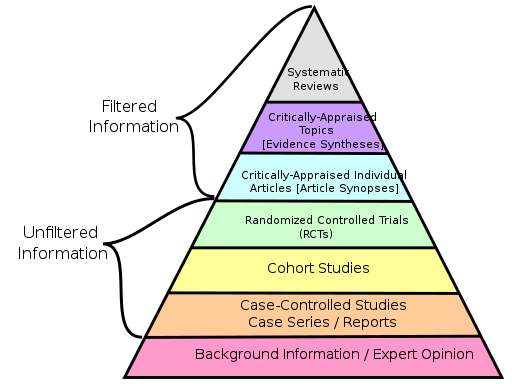
The Ever-Changing Field of Speech Pathology
Some of the clinical doctorate programs that I initially looked into resembled an “advanced master’s degree.” There were “advanced” courses in articulation, fluency, AAC, etc. While the idea of learning more about each of these areas initially appealed to me, I eventually realized that I could take CEU courses to learn those things. While RMU did have required courses on supervision, ethics, and clinical management, it did not directly teach any courses on speech pathology skills. In fact, during our first semester, we shared classes with students in the athletic training Ph.D. program.
This doctorate program taught me how to think about clinical science so that I could focus on areas of speech pathology that applied directly to my day-job. The program is intended to be completed while working so that everything you learn in the classroom can be used the next day when problem-solving how to help all clients. Because RMU classes assumed that you already have a solid clinical foundation, I recommend that only SLPs with multiple years of experience begin this degree.
RMU did not directly teach me about the ever-changing field of speech pathology. My cohort, however, did. There were initially 28 amazing individuals in my cohort. Their clinical focus ranged from articulation to dysphagia to cognitive rehabilitation. Students who shared classes with me worked in schools, hospitals, skilled nursing facilities, home health, and private practice. I learned so much from working with them, listening to them, and being taught by them. I also learned how to find about the field of speech pathology myself. I can look up articles, find CEU courses, and chat with others who are experts in their field. In fact, in the final hours of my father’s life, I frantically called my cohort-mate and asked her to tell me everything that I could do to comfort my dad as he lost his ability to swallow.
Additional benefits
I completed a full single-subject research design study with five participants! At the time, I would have said that this was definitely not a benefit of the program. I worked on this research directly or indirectly for two years. I had to re-do the entire research question, proposal defense, and IRB application when COVID ruined my project. Through the experience, however, I learned how to reach out to other professionals for help, guidance, and mentoring. I learned to write more scientifically. I completed a huge study with fidelity and internal validity. And now, I am hoping to publish my results in a peer-reviewed journal!
Drawbacks
Honestly, the biggest drawback of getting this degree is that employers don’t know what to do with it. Although I have many more years of education compared to my master’s level colleagues, I am on the same pay scale. Most universities do not think that I have enough “research” knowledge to become a tenure-track professor. It is frustrating to know that I spent so much effort, time, and money on a degree that others are hesitant to acknowledge. If I had chosen instead to pursue an EdD (which I considered), I would have completed my degree in approximately the same amount of time for the same amount of money and would have a degree that universities DO consider a research degree and would put me toward a leadership position in many educational fields.
Some have compared my degree to a (now) entry-level clinical doctorate, such as a Doctor of Physical Therapy. Part way through my program, the university decided to change the name of their degree from Doctor of Clinical Sciences (ClinSciD) to Doctor of Speech Pathology (SLPD). We were given the one-time opportunity to chose which title we wanted on our diploma. I opted for the ClinSciD degree, although less understood because some have rumored that a clinical doctorate may one day be an entry-level diploma for SLPs. I wanted to delineate the time that I spent learning how to research and develop skills beyond the entry-level.
Time and money are always going to be a drawback. I chose RMU because it was the least expensive program that I could find. It had additional benefits of allowing me to complete the degree from home (aside from three on-site visit weekends) so that I could work full-time. As the sole wage earner in my home, I could not quit my job and pursue a Ph.D. As I was looking into programs, I received an unexpected inheritance that helped to pay for part of the degree. That money is what made the program possible for me.
Was it worth it?
Yes. I am so glad that I persisted and completed this degree. I am proud to use the title Dr. in my name. I hope that I have sent an example for my children to pursue higher education. I learned about research and have made some friends for life. I decided to push forward with my leadership skills and have joined the state’s professional organization, met with local professors about continuing research, and am hoping to submit my research for publication.
Would I recommend this program?
Honestly, I would recommend this program to some SLPs. The ideal candidate would:
- Have a life-long love of learning, without necessarily wanting to use the degree to get a new job.
- Want to learn how to read, understand, and do research.
- Make connections with other amazing SLPs around the country.
- Assume leadership roles within your job, community, or state.
- Not wish to relocate. This program is 95% online so there is no need to relocate.
- Need to continue working full time. Unlike some programs, RMU’s program was intended for working professionals to use what they are learning in their courses and apply it directly to their jobs. Most of my cohort worked full-time throughout this degree. That said, it would be best to be working part-time and/or have summers off to do the research.
- Have grown children (or no children). There were several people in my cohort with young children. They were pulled in many directions due to school, their work, and their family needs. If at all possible, I would recommend that if you have children, wait until they are more independent or out of the house (my children were teens while I went through the program).
- Be confident in their clinical skills. The RMU program assumes that you are already great at your current job and want to become even better. Students who had less than five years of clinical experience had extra challenges to apply research to a field that they had not been in for a long period of time.
Do you have a clinical doctorate from a different university? If so, please get in contact with me! I am hoping to put together a panel of experiences from different locations!
If you have additional questions, please feel free to email me. I may put together a FAQ post with these questions!

